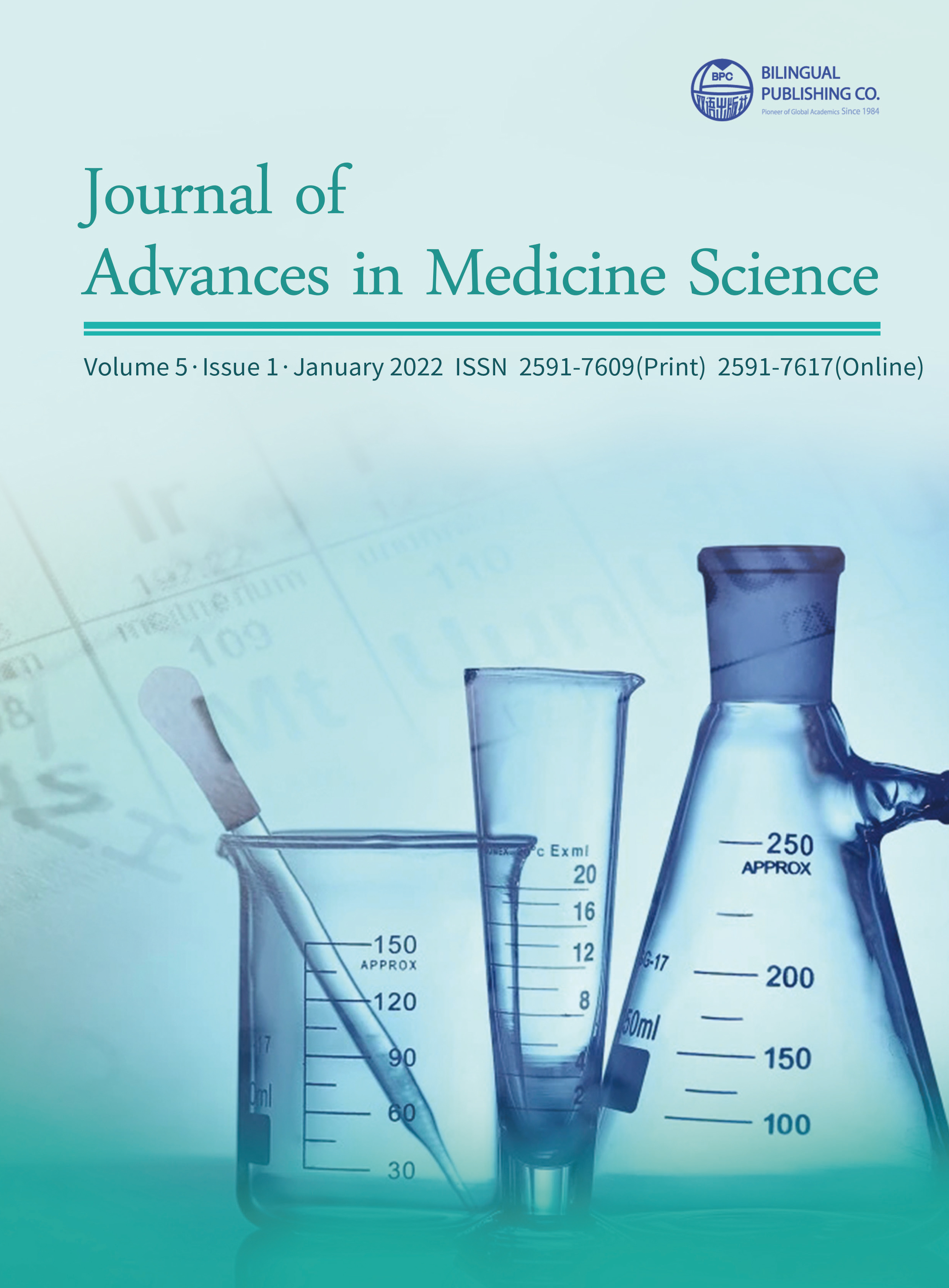Effects of Probiotics on Gut Microbiota in Type 2 Diabetes Patients
DOI:
https://doi.org/10.30564/jams.v5i1.3543Abstract
Objective: To study the effect of probiotics on gut microbiota in Type 2 diabetes patients and its clinical application value. Methods: Select Type 2 diabetes patients to take orally probiotics for 24 weeks, collect stool samples of subjects at the baseline and end of the trial, identify and analyze gut microbiota of each sample by 16srRNA high-throughput sequencing, and compare the changes of blood glucose, blood lipid and insulin resistance before and after the intervention. Results: A total of 75 patients completed clinical observations. 16srRNA high-throughput sequencing showed that the proportion of the subjects with increased Actinobacteria and Tenericutes at the end of the trial has increased (37.8% and 75.7% respectively). The genus level analysis showed that the number of subjects with increased intestinal probiotics and with decreased conditioned pathogens all increased. Cluster analysis before and after intervention showed that the gut microbiota of samples in the same group had a higher similarity. Compared with the subjects at the baseline status, at the end of the trial after the intervention, fasting blood glucose (FBG) of the subjects significantly decreased (P<0.05), the proportion of the subjects with triglyceride (TG) and cholesterol up to standard increased, and HOMA-IR was significantly improved (P<0.05). Conclusions: Probiotics can regulate the gut microbiota of Type 2 diabetes patients, promote fasting blood glucose (FBG) to reach the standard and improve insulin resistance, and help improve lipid metabolism.
Keywords:
Probiotics; Type 2 diabetes; Insulin resistance; Gut microbiotaReferences
[1] Ti, Y., Xie, G.L., Wang, Z.H., et al., 2012. A metagenome-wide association study of gut microbiota in type 2 diabetes. Nature. 490, 55-60.
[2] Panwar, H., Rashmi, H.M., Batish, V.K., et al., 2013. Probiotics as potential biotherapeutics in the management of type 2 diabetes: prospects and perspectives. Diabetes Metab Res Rev. 29(2), 103-112.
[3] Lu, Y.C., Yeh, W.C., Ohashi, P.S., et al., 2008. LPS/TLR4 signal transduction pathway. Cytokine. 42, 145-151.
[4] DeFuria, J., Belkina, A.C., Jagannathan-Bogdan, M., et al., 2013. B cells promote inflammation in obesity and type 2 diabetes through regulation of T-cell function and an inflammatory cytokine profile. Proc Natl Acad Sci USA. 110, 5133-5138.
[5] Karlsson, F.H., Tremaroli, V., Nookaew, I., et al, 2013. Gut metagenome in European women with normal, impaired and diabetic glucose control. Nature. 498(7452), 99-103.
[6] Mejia-Leon, M.E., Petrosino, J.F., Ajami, N.J., et al., 2014. Fecal microbiota imbalance in Mexican children with Type 1 diabetes. Sci Rep. 4, 3814.
[7] Zhang, H.P., Li, W., Li, R.Y., et al., 2018. Effects of probiotic fermented milk on blood glucose levels and intestinal microbiota in diabetic rats, Acta Nutrimenta Sinica. 40(5), 454-458.
[8] Amar, J., Chabo, C., Waget, A., et al., 2011. Intestinal mucosal adherence and translocation of commensal bacteria at the early onset of type 2 diabetes: molecular mechanisms and probiotic treatment. EMBO Mol Med. 3(9), 559-572.
[9] Li, X.L., Gu, Y.Y., Zhang, Y.F., 2017. Mechanisms of probiotics to I prove type 2 diabetes. Journal of Shanghai Jiaotong University (Medical Science). 37(9), 1309-1314.
Downloads
Issue
Article Type
License
Copyright and Licensing
The authors shall retain the copyright of their work but allow the Publisher to publish, copy, distribute, and convey the work.
Journal of Advances in Medicine Science publishes accepted manuscripts under Creative Commons Attribution-NonCommercial 4.0 International License (CC BY-NC 4.0). Authors who submit their papers for publication by Journal of Advances in Medicine Science agree to have the CC BY-NC 4.0 license applied to their work, and that anyone is allowed to reuse the article or part of it free of charge for non-commercial use. As long as you follow the license terms and original source is properly cited, anyone may copy, redistribute the material in any medium or format, remix, transform, and build upon the material.
License Policy for Reuse of Third-Party Materials
If a manuscript submitted to the journal contains the materials which are held in copyright by a third-party, authors are responsible for obtaining permissions from the copyright holder to reuse or republish any previously published figures, illustrations, charts, tables, photographs, and text excerpts, etc. When submitting a manuscript, official written proof of permission must be provided and clearly stated in the cover letter.
The editorial office of the journal has the right to reject/retract articles that reuse third-party materials without permission.
Journal Policies on Data Sharing
We encourage authors to share articles published in our journal to other data platforms, but only if it is noted that it has been published in this journal.




 Yan Zhang
Yan Zhang

